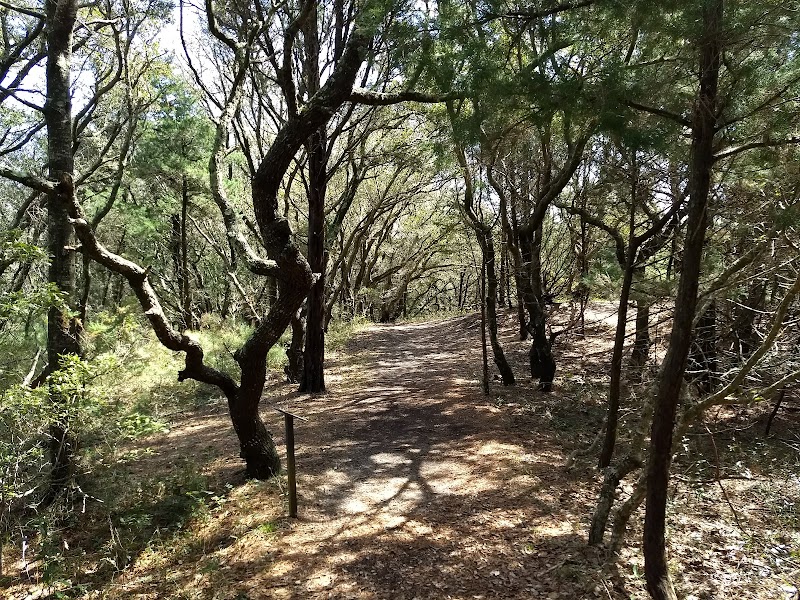
North Carolina Coastal Reserve Adventures
The North Carolina Coastal Reserve protects the unique ecosystems of North Carolina's coast, offering a haven for wildlife and a peaceful retreat for nature enthusiasts.
Popular Activities
Plan Your Visit
Everything you need to know to prepare for an unforgettable trip to North Carolina Coastal Reserve.
Entrance Requirements
Free access
Best Time to Visit
Spring and fall for mild weather and abundant wildlife activity.
Visitor Information
No formal centers, but informational signs are available at some sites.
Getting There
Some sites accessible by car, others may require watercraft.
Weather & Climate
Mild winters and warm, humid summers. Best to visit in spring or fall for temperate climates.
Conservation Efforts
Vulnerability to sea level rise and storms, along with the need to protect habitats for marine and bird species.
Camping in North Carolina Coastal Reserve
Find the perfect spot to stay overnight and immerse yourself in the details.
Top Trails
Masonboro Island Trail
Explore the long, secluded beaches, ideal for wildlife spotting.
Zeke's Island Trail
Walk through tidal flats offering up-close views of marsh habitats.
Trailblazer Tips
Bring binoculars for exceptional bird watching opportunities.
Check tidal charts when planning your visit as access can be affected.
Be prepared for primitive conditions; most sites lack facilities.
Wear appropriate footwear for crossing wetlands or walking on sandy beaches.
